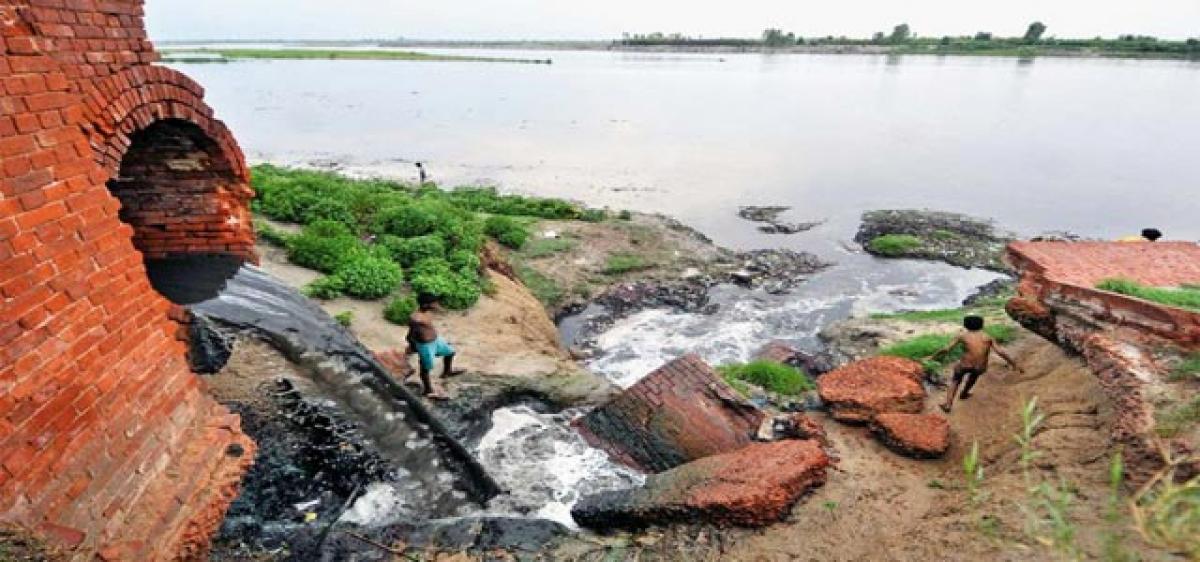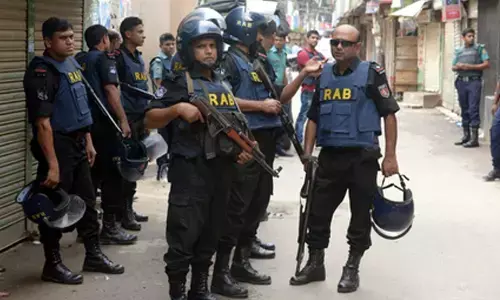Awareness key to tackling green crimes

A recent report of the National Crime Research Bureau (NCRB) revealed that environment-related crimes in the country came down by over 11 per cent in 2015 compared to 2014 but there was no decline in States such as Uttar Pradesh, Uttarakhand, Jharkhand and Assam, where the number of violations increased over the past year.
A recent report of the National Crime Research Bureau (NCRB) revealed that environment-related crimes in the country came down by over 11 per cent in 2015 compared to 2014 but there was no decline in States such as Uttar Pradesh, Uttarakhand, Jharkhand and Assam, where the number of violations increased over the past year. The number of green crimes came down to 5,156 from 5,835. It is indeed surprising that the figure stands so low, keeping in view the large number of crimes both in urban and rural areas as most of these go unreported or the authorities do not take action against the offenders.
Analysis of the NCRB data showed that nearly 77 per cent of the crimes were related to violations of the Indian Forest Act where the offenders were booked for illegally cutting trees in forest areas, encroaching upon forest land and moving forest produce without permission. There are various other crimes, which occur daily in metros and big cities where emission norms are violated daily by trucks and other types of commercial vehicles, buses and even private cars.
Thus, the report is nothing but pure fancy and extremely surprising. How can green crimes in the whole country be around a little over 5,000, when such crimes are quite frequent, taking place almost daily in most States. The last two years of this NCRB data released clearly shows that no action is being taken by the respective State governments to control green offenders and bring them to book. It is already an accepted fact that monitoring of environmental crimes is very poor in the country which is manifest from the low data presented by the report. What is worse is that the police and other authorities are themselves not aware of the rules in force and, as such, cannot ensure enforcement.
One may refer to what Former Environment Minister Prakash Javedkar stated just after signing the Paris accord regarding making emission/pollution norms for major industrial sectors more stringent. Polluting industries such as cement, thermal power, textiles and paper and pulp are on the list. “For all these industries, we have 24x7 monitoring mechanism in place and this would help tracking emissions by any factory throughout the country”, he stated adding that “if emissions exceed for more than 15 minutes, then the 24x7 pollution monitoring devices sends alerts and action is taken against the polluting unit”.
But unfortunately this has yet to become a reality and it is not known whether the present Environment Minister would strictly enforce these regulations. In such a situation, controlling emissions and pollution would be an uphill task. It goes without saying that only formulating rules at the highest stages without ensuring that these are enforced at the lower levels makes little sense. The citizens also have a responsible role to play in ensuring the violation of green rules and regulations are not allowed to continue. The government would do well to organise awareness programmes at all levels, specially for the law enforcing agencies to ensure that violation of green crimes are immediately penalised. Unless this is done, political announcements would have no meaning and pollution would go unfettered.
The crux of the problem is that the regulatory institutions in the country are weak and not geared to take action. When there is worldwide concern about the future effects of global warming, it is imperative that action has to be initiated and not just promises made by politicians. The involvement of retired judges of district courts could be requisitioned for monitoring the work of law-enforcing agencies in the realm of violation of green rules and regulations. Moreover, the message should be sent that green crimes have to be dealt with an iron hand to the lowest tiers of the administration.
By Dhurjati Mukherjee









